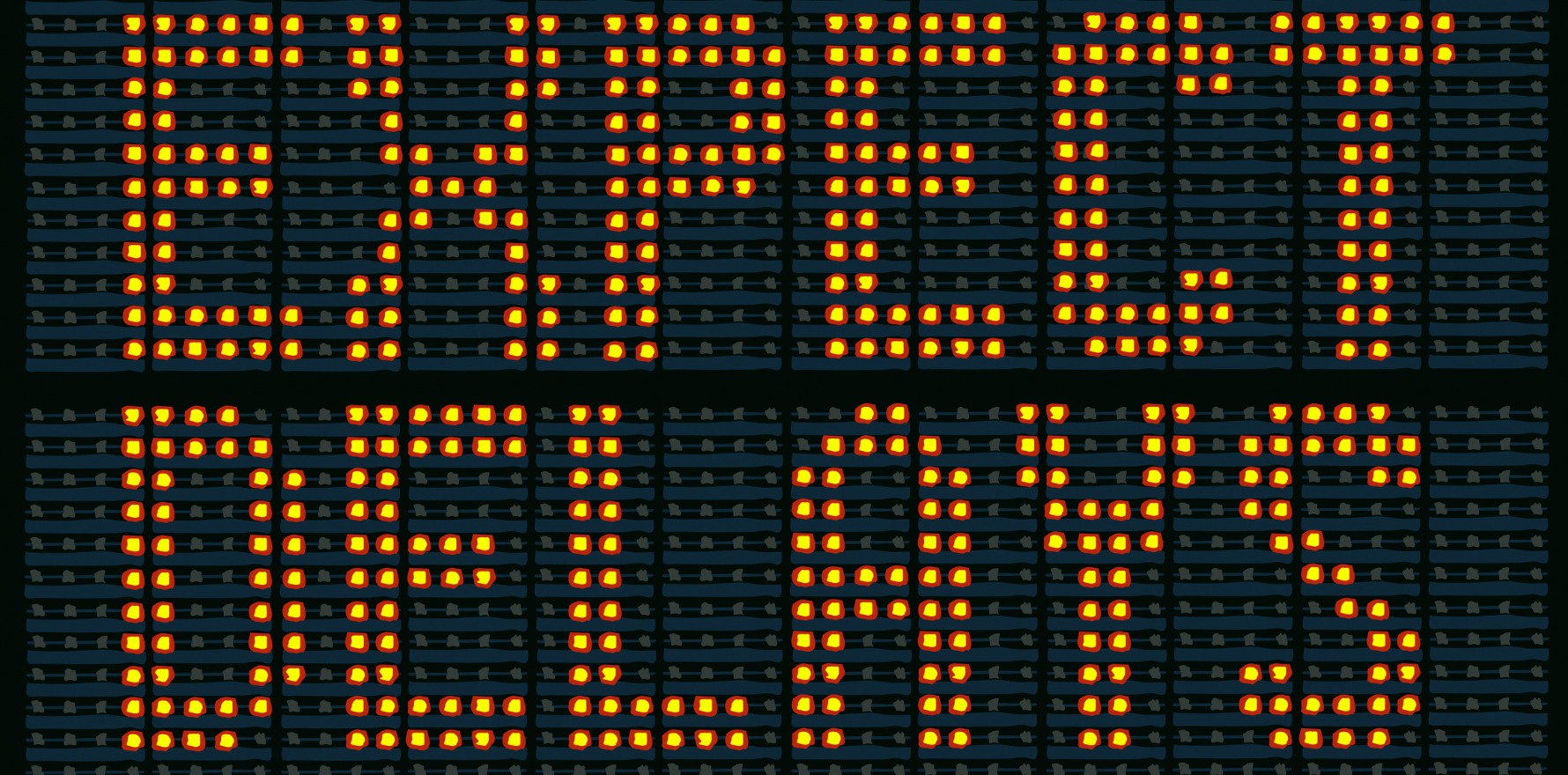During a time of mental health need, trainees are being held back by a failing exam process.
The Royal Australian and New Zealand College of Psychiatrists (RANZCP) continues to bungle the training of new psychiatrists while the nation faces a mental health crisis.
Staff shortages are rampant around the country and the waiting times to see a psychiatrist in the public and private sector are untenable for many Australians who need help now.
In November, the final examination required for doctors training to become psychiatrists was abandoned midway through following a technical failure, affecting some 300 candidates. The March sitting has now been cancelled, so that number is snowballing.
This was against the backdrop of two years of bungled examination processes, which has left a bottleneck of doctors unable to gain their final qualifications to practice as psychiatrists.
Some trainees reported having attempted to sit this final examination up to five times, only to have the RANZCP cancel or significantly downscale the number of examination spots available each time. This last cancellation in November drew wide criticism of the RANZCP. This included an open letter signed by close to 600 doctors within 24 hours supporting the affected trainees and asking for a quick resolution to the ongoing issues.
NSW Minister for Mental Health Bronwyn Taylor was also asked during question time about the government response to this issue, given that NSW trainees have been the worst hit by repeated examination cancellations – but she deflected responsibility back to the college.
Advocates including Professor Pat McGorry advise that Australia needs a “dramatic upswing” in the training for new psychiatrists and estimates that the mental health workforce will need to double in order to meet the increased demands from the pandemic on an already stretched system.
In its 2021 accreditation progress report to the Australian Medical Council, the college conservatively acknowledges that, according to the Medical Workforce Reform Advisory Committee, a (more modest) 3.3% annual increase in trainee intake is necessary to address a predicted workforce shortage by 2030. Above this graphic, which shows a stark decline in both the number of fellows and the proportion of trainees attaining fellowship, it says this can be attributed in part “to reduced assessment opportunities due to covid-19” and vaguely cites training “challenges” due to the “uncertainty regarding potential redeployment and health services restrictions in some jurisdictions”.
The RANZCP has offered multiple assurances regarding an alternate pathway for these doctors to gain their much-needed specialist qualifications. However, the majority of candidates are still awaiting an outcome for this last botched assessment process and further doctors are being added to the growing bottleneck with the March exam’s cancellation.
To add insult to injury, last week hundreds of trainees were informed they had passed this exam via the RANZCP’s official online training portal, only to find out hours later that this communication was the result of yet another technical glitch.
It takes a minimum 13 years of tertiary and post-graduate education to become a psychiatrist in Australia and for many of these doctors this examination was the last hurdle in that arduous process. Many were already celebrating what they believed was the end of this highly stressful examination ordeal – only to be thrown back into limbo due to yet another careless error from the college.
Alarmingly, multiple trainees who attempted to reach out to the RANZCP’s Member Welfare Support Line reported that this was unstaffed, despite direction from the college in multiple communications to contact this number if distressed.
The pandemic has been a struggle for all. Most of the junior doctors caught up in this examination debacle have been working on the frontline of the pandemic, while studying and balancing all the other challenges the last two years have delivered. These trainees desperate to become psychiatrists and the Australian public desperate for increased mental health support at a time of crisis deserve better.
If the consequences of these failures were not so grave, this series of blunders would be described as a comedy. The RANZCP needs to do better to regain the confidence of its members and the public.
The author is a final-year RANZCP trainee






